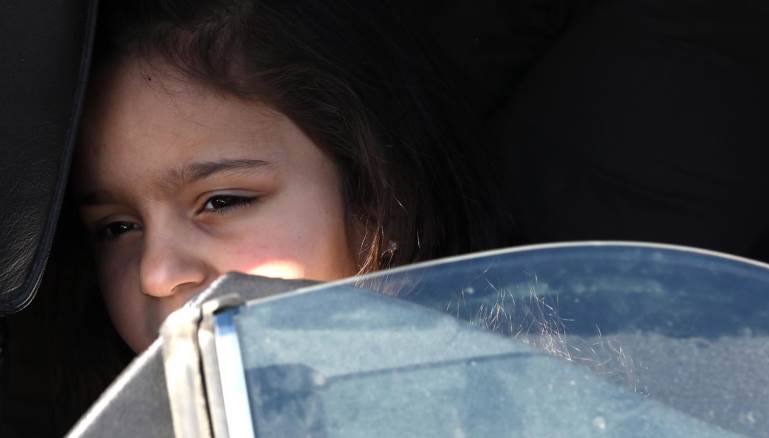While Russia’s initiative to return refugees lacks a practical basis to begin, Lebanon is continuing to focus on official efforts undertaken by General Security and its director, General Abbas Ibrahim, in coordination with the Syrian regime, to secure the return of thousands of refugees. Alongside Ibrahim’s initiatives, Hezbollah’s efforts are also ongoing through the opening of offices in a number of areas to register the names of refugees who want to return to Syria. A few days ago, General Ibrahim said that Lebanese-Syrian coordination to return refugees would continue. Officials in the Lebanese state are focused on securing the return of the largest number of Syrians.
It is true that the number of returnees does not comprise a material change on the ground, in light of the fact that there are about one million refugees on Lebanese territory. However, there is continuing Lebanese pressure on the international community to respond to these efforts and to provide them with the necessary cover, as well as offering aid to returning Syrians in their territory, rather than offering it in Lebanon. This is where the international contradiction in dealing with this issue comes into play. The United States and Europe refuse to offer any aid to refugees in Syria living under the regime and there is no security or political protection for their lives. The regime would benefit from any aid that is offered, which the international community has rejected, considering this to be an attempt to normalize relations with the regime and an opening to start relations for the reconstruction process. The international opposition will not embark on this sort of process before finding a political solution or running trustworthy elections — meaning that the tendency is towards not recognizing Bashar al-Assad.
But regardless of international orientations, Lebanon will continue these initiatives to lighten the refugee burden. In this context, Lebanese officials will carry out tours of some countries to inform them of these initiatives. Next year’s Arab Economic Development Conference, that Lebanon will organize, will focus on discussing these issues, and how to relieve the refugee burden. Sources following the issue reveal that Lebanon is receiving some messages from Arab states about the need to comply with international orientations with regards to refugees, and that it cannot ask for assistance from countries while continuing to normalize relations with the Syrian regime and while it continues to depart from the policy of isolation, which it previously announced it would adhere to but which it has failed in more than one area. One of the conditions raised by some Arab states is the need for Hezbollah to comply with the policy of isolation and withdraw from the field of battle, rather than entering into their politics. Without achieving these basic conditions, even if representatives from these countries participate in the conference, it will not lead to major results.
The Syrian regime rejects the return of thousands of Syrians who opposes it, who participated in the movement calling for its overthrow, even those who didn't participated in the fighting. On the other side, there are Syrians who are from areas that are sensitive to the regime and who do not want to return to Syria. Eastern Ghouta and the Damascus environs, Qusair, and al-Zabadani and its environs, are now considered closed to their original inhabitants. Syrians and some Lebanese consider this to be an effort at systematic displacement and leaving these areas with a single political, demographic and sectarian character. This corresponds with Law No. 10, which stipulates in one of its provisions how to secure the return of refugees who will not return to their place of origin because of the civil and urban reorganization in these areas.
This article was translated and edited by The Syrian Observer. Responsibility for the information and views set out in this article lies entirely with the author.


